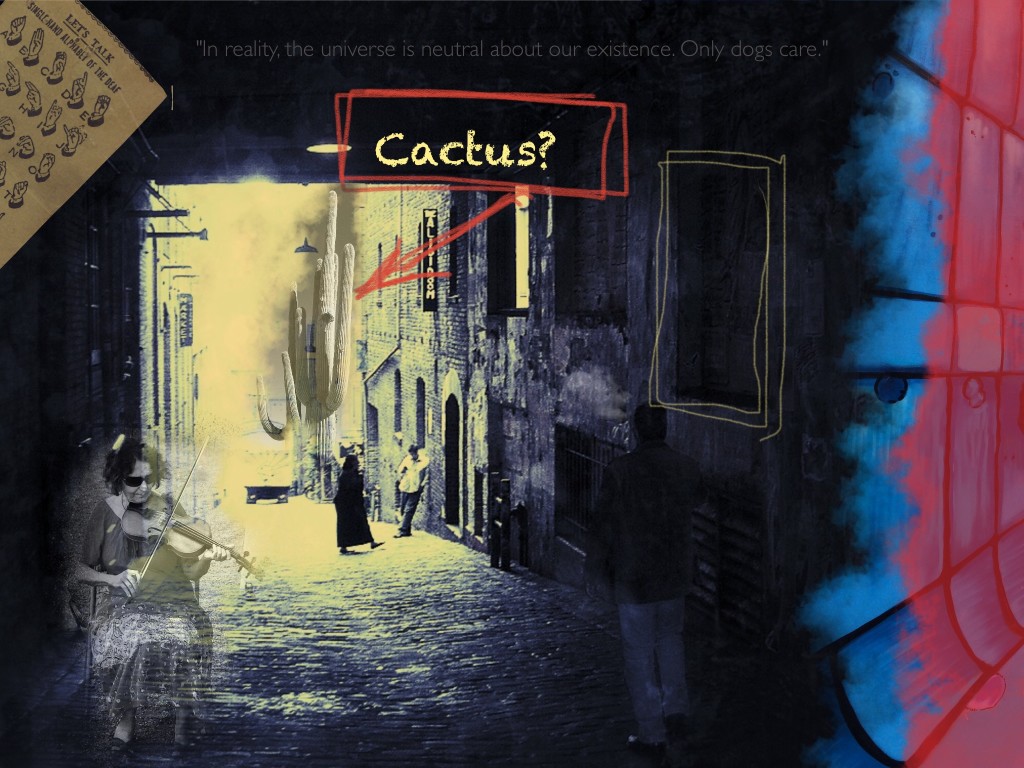To call it “begging” seems… harsh. “Panhandling” feels a little too cute. I don’t know the politically correct term for when someone asks you for money. I assume it’s pretty common in cities with lots of foot traffic but we don’t see it as much here in Hooverville. I believe I’ve previously mentioned the woman who stands on a highway off ramp I use frequently. Indeterminate age. Somewhere between 30 and 60. She stand there, very still and straight, in one of those ankle-length dresses some favored by some fundamentalist religions. I think she might hold a small cardboard sign but I couldn’t tell you what it says. Unless it’s going to hold up the drivers behind me, I usually give her a five or a ten, sometimes a twenty. She used to try to give a small religious tract but I decline and she eventually stopped.
On some days a different person has that spot but I rarely contribute. They put off a very different vibe. Some are almost jocular. Lots of eye contact. Ready to approach your car at the slightest encouragement.
There are a couple of guys that work the spot together. Can’t believe that’s very effective.
Another young man has a boom box sitting on the ground nearby. Boring ‘work’ no doubt, but I’d tell him to leave that at home. If I told him anything.
One man always has a cane but it doesn’t look natural in his hand, if you know what I mean.
Some of these men — and it’s men, mostly — only seem to show up when the weather’s nice. My lady can stand there, hour after hour, in the heat or the cold. Only moving when a motorist waves with a bill or some change.
So, is it shitty to be judging and evaluating like this? Are these people, in any sense, “selling” something? Do I need to know — or believe — anything beyond they help? Would it be a dick move to go buy some diapers (size 6) and hand it to the guy whose sign says that’s what he needs? I’d really like to know what she/they are thinking/feeling during the long hours at that intersection. Despair? Gratitude? Anger? Boredom?
As I coast up the exit ramp, trying to time the light, there’s little time for such analysis. If I can find a bill and my lady is there, we make our awkward hand-off. (“God Bless!” or “Jesus Loves You”)




